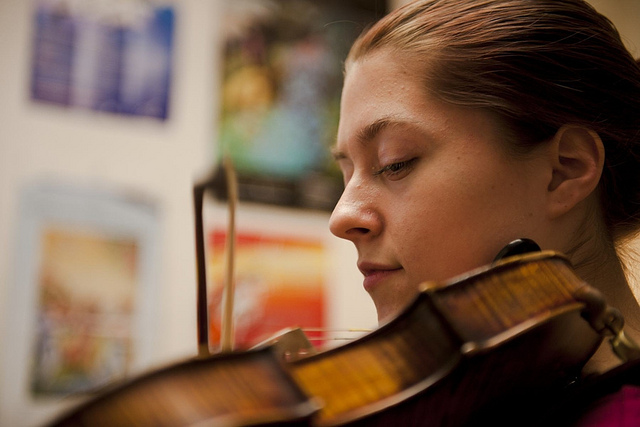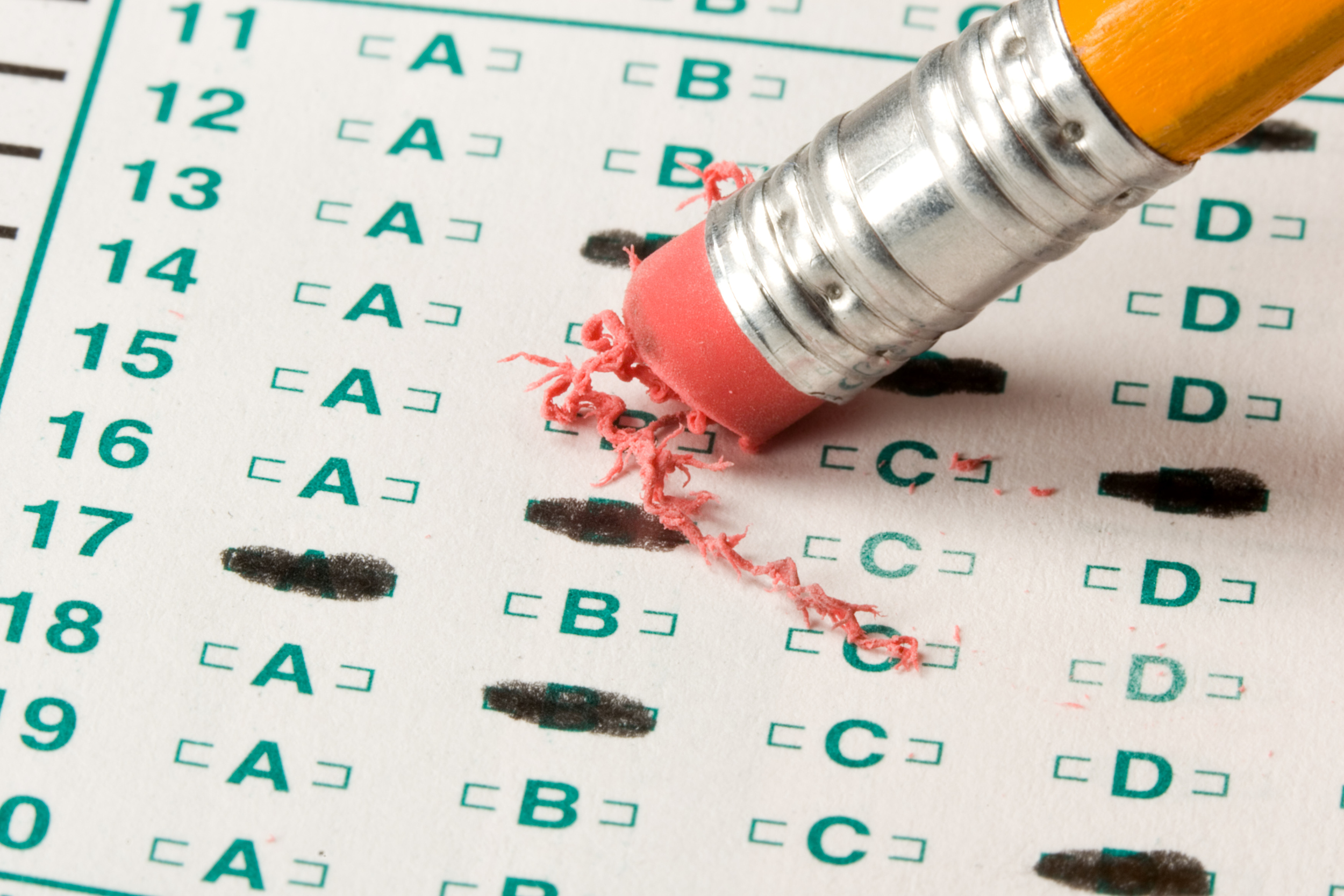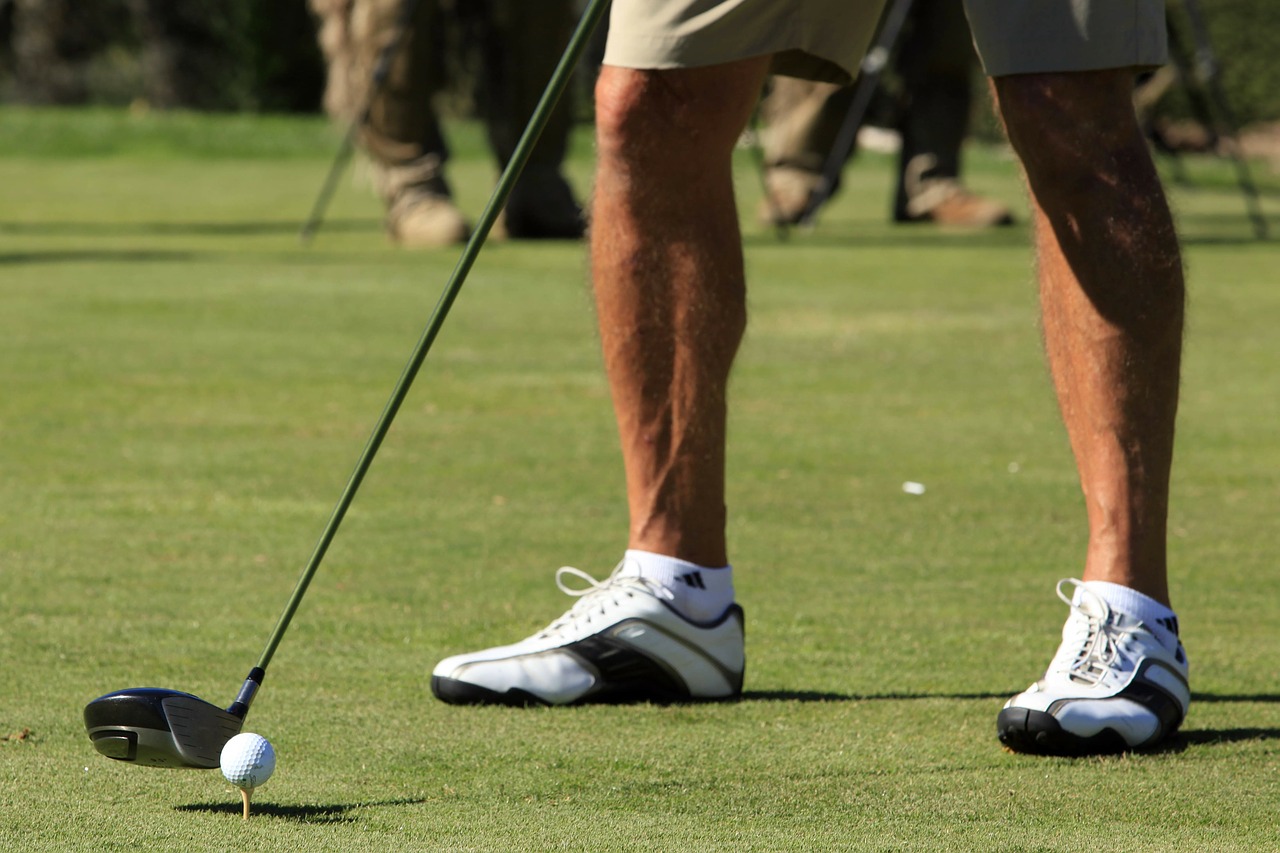Where it all Began: The History of Sport Psychology Research
eric morse
Sport psychology is a relatively NEW discipline! The idea of practicing sport psychology didn’t gain much momentum until the 1960’s, but some researchers were starting to think about studying the way performance is affected by mindsets before 1900.
Where it all Began
Norman Triplett conducted a study in 1898, now considered the first research study in sport psychology. He found that cyclists competing against others in races were faster than those who competed alone for a time-trial, even when the distance was the same. I’m sure the concept of being pushed by competition is familiar to everyone reading, whether it’s athletic competition, a board game, or an academic course, but no empirical evidence was offered until this study.
The Father of Sport Psychology
Triplett broke some ground, but Coleman Griffith is considered the founder of sport psychology, as the first researcher to specialize in the area. He taught a course called “Psychology and Athletics,” and in 1925, opened the first research lab specializing in sport psychology topics. Many of his topics are still being researched today, including methods of teaching psychological skills in football, the effects of fatigue on performance, the persistence of errors, and mental variables associated with excellent athletic performance. Sound familiar?
Griffith was also the first practicing sport psychologist, who was hired by the Chicago Cubs to work with the professional baseball team until 1940. Unfortunately, after he left his lab, his work was not readily continued. It was not until the late 1960’s that sport psychology began to emerge as an independent field of study. The International Society of Sport Psychology (ISSP) was founded and the International Journal of Sport Psychology created soon after. Around the same time, North American leaders in sport psychology began the North American Society for the Psychology of Sport and Physical Activity (NASPSPA). This was a huge step for the field, having journals and conferences devoted to only research related to sport psychology.
From Smocks to Jocks
At this time, however, the research was mainly dedicated to social psychology in the context of physical activity. An article by Rainer Martens, “From Smocks to Jocks,” called for researchers to conduct more applied studies in the field and look at sports specifically, beyond just physical activity as a whole. In the 1980’s, SEP had shifted toward the psychological skills training of elite athletes. This shift led to the formation of the Association for the Advancement of Applied Sport Psychology (AAASP) in 1985, which heavily focused on applying psychological knowledge to help athletes in their sport environment. The word “Advancement” in this title was later dropped, and the association is now known simply as AASP. As research expanded, the American Psychological Association (APA) added an official Division 47, which was the Exercise and Sport Psychology division in 1986. This addition of exercise psychology was an important marker, as the Journal of Sport Psychology became the Journal of Sport and Exercise Psychoogy in 1988. Soon after, the United States Olympic Committee also established a sport psychology committee and registry and hired their first full-time sport psychologist. By the 2000’s, the field of sport and exercise psychology was a fully independent research field with its own textbooks, academic degree programs, journals, and conferences. The importance of AASP, APA 47, and the USOC is discussed in my next blog post: How to choose a sport psychologist
Where are we now? Sport Psychology Practice.
These days, sport psychologists can specialize in research or application. Although the practice of sport psychology is much more popular now, it still lacks the commonplaceness of counseling and therapeutic psychology (aka clinical psychology). This is likely a result of both psychology’s history of being associated with mental illness and the lack of awareness that sport psychologists exist and are helping individuals achieve their goals every day. Articles recently posted to our social media (e.g. http://ow.ly/MWPuH) illustrate athletes’ reluctance to seek help from a sport psychologist or psychiatrist.
Nonetheless, more and more universities and athletic programs around the world are hiring sport psychologists either full-time or as consultants to work with their athletes. In fact, the top employer of sport psychology professionals is the United States Military, where masters and doctoral level graduates train soldiers to perform under pressure.
More commonly, you’ll see sport psychologists, sport psychiatrists, and mental skills trainers working independently through a private practice. Carolina Performance is unique because it is a single practice with a variety of practitioners specializing in all realms of performance-related psychological training. The The United States Olympic Committee (USOC) provides a great list of registered consultants who have a certain degree of expertise in the area.
If you're interested in speaking with a sport psychology professional, start here at Carolina Performance!
Coming soon... "Wading your Way through the Sport Psychology Waters: How to find the Performance Psychology Professional that's Right for You!"
Lauren Becker
Carolina Performance Intern
Master’s Student in Kinesiology at UNC-Greensboro
Correspondence can be directed to: lvbecker@uncg.edu







